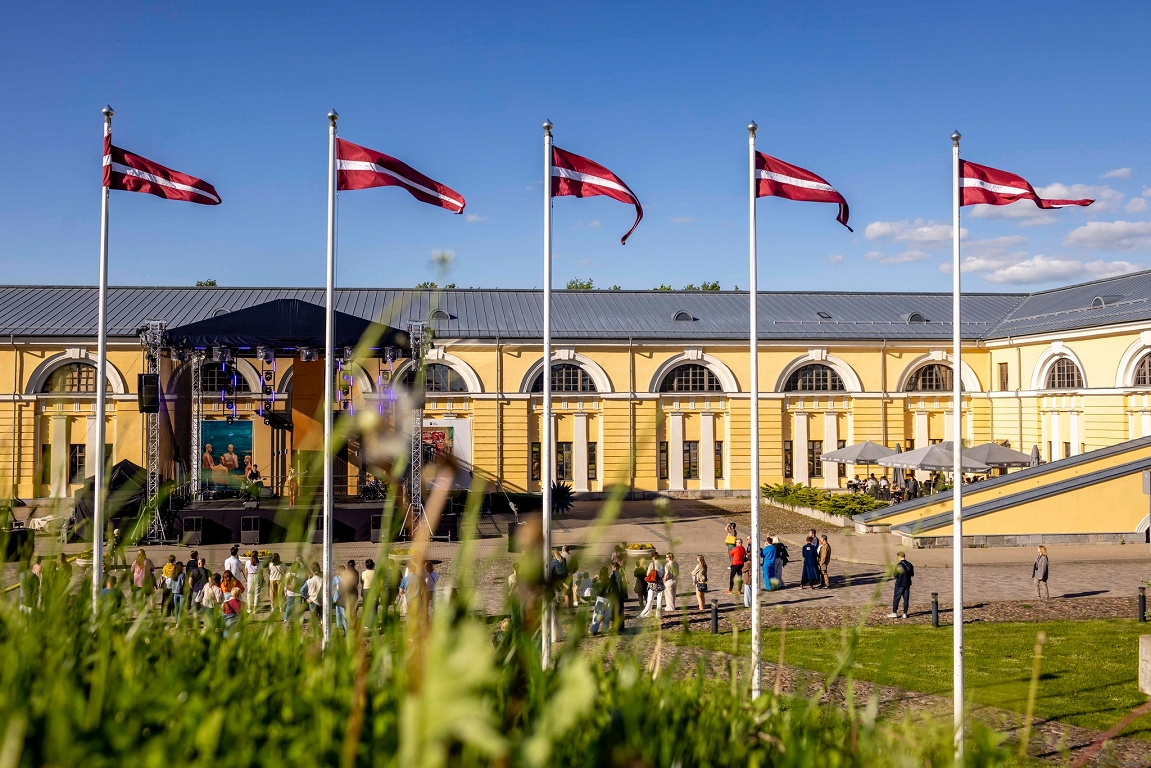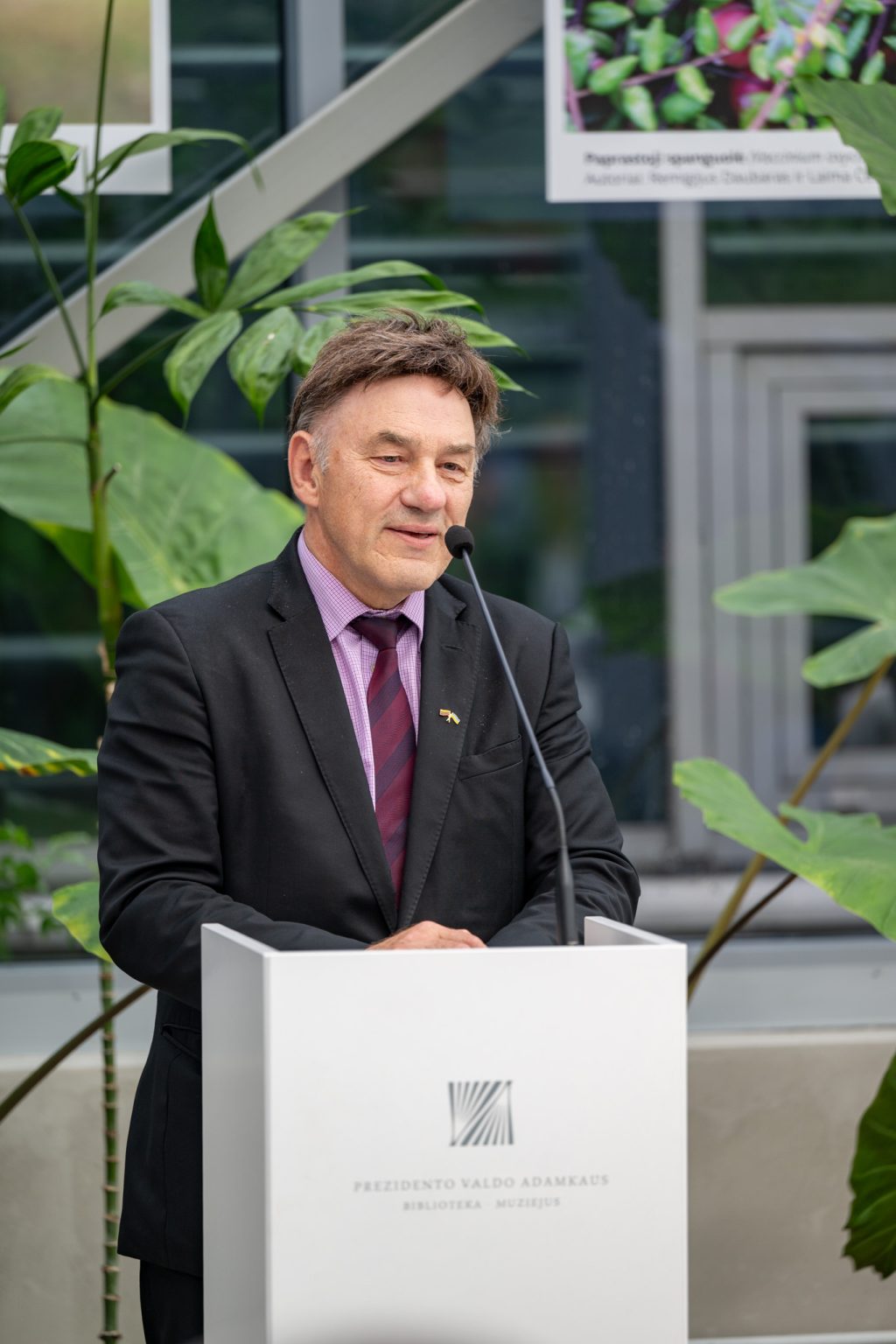Christians in Europe are decreasing, practitioners of faith are very few

In many countries around the world, one fifth or more of all adults have left the religious group in which they grew up. Christianity and Buddhism have suffered particularly large losses from this « change of religion », while more and more adults have no religious affiliation, according to studies by Pew Research Center among nearly 80,000 people in 36 countries.
Bulgaria is not among the countries surveyed, but data from official Bulgarian statistics confirm the trend in the US survey.
Religion as a compulsory subject at school: the problem is who, what and how will he teach
Of the 36 countries surveyed, 27 have a sufficient part of Christians in the sample to allow an analysis of the so-called. The religious transition to and beyond Christianity, pointed by « Pue »:
- In many of the 27 countries More people have left Christianitythan they have joined him.
- Spain has the largest net losses For Christians from changing religion (proportional to the size of the population) from all countries surveyed.
- In almost all countries The majority of Christians have retained their religious identityS This is especially true in the Philippines, Hungary and Nigeria, where almost everyone who says that they have been raised as Christians are still Christians like adults.
- Most, most, who have left Christianity are no longer identified with any religionsaying that they are now atheists, agnostics or have no specific religion.
- In some Asian countries A small share of the raised as Christians now identified as BuddhistsS
- Singapore and South Korea have comparatively high levels of « joining » or entering Christianitylike about four out of ten or more adult Christians in these countries, they say they have grown up in another religion or without religion. However, Christians remain a minority in both countries: 18% of Singaporeans and 33% of South Koreans are currently identifying themselves as Christians.
- Among those, who have passed to Christianitymany say that they have grown up as Buddhists or without religion.

How is it in Europe
Spain has the largest net losses for Christians in percentage (as a share of the country’s total elderly) from the 27 analyzes. Most of all the adult Spaniards (87%) say they were brought up as Christians. But much less (54%) are described as Christians today. This is a pure loss for Christianity to one-third of all adult Spaniards (in reality the share is greater for the church, as it is about 33% of the common adult population, not just the current Christians).
Cologne’s greatest preciousness: the relics of the three magicians
This loss has occurred because 36% of the elderly Spaniards have left Christianity (ie they have been raised as Christians but no longer identifies themselves), while only 3% of the elderly Spaniards have accepted Christianity (ie they identify themselves as Christians today, but say they have not been raised).
This trend is especially strong in many high -income countries (except Singapore). The study found that Christianity suffered net losses due to its withdrawal from 20 percentage points (or more) from the common adult population in Spain, Sweden, the Netherlands, Germany, Canada, the United Kingdom, France, Australia, Chile, the United States and Italy.
It is a process different from preserving identity as Christians. In most surveyed countries, the majority of adults raised as Christians still identify themselves as Christians today (in « Py » they call this religious « detention »).
In Europe, the countries in which Christians are identified with this faith and as adults are the highest indicator in Hungary (98%), Poland (95%) and Orthodox Greece (87%).

In Italy, in the midst of which the state is the papal throne, over three -quarters (77%) self -identified as Christians and when they are of adult. The difference with the previous European countries is that 22% of the Italians replied that they did not belong to any religion. The ratio in the US (73% and 23%) is similar.
But in countries such as Germany, Canada, Spain, France, the United Kingdom preserved Christian identity are around and below 60%, and those who are not bound by any religious faith are around and over 40% the biggest difference in the study is reported in the Netherland

How is it in Bulgaria
According to the Census 2021, conducted by the National Statistical Institute (NSI), 71.5% of the population (nearly 4.22 million people) self -identify as Christians. Among them is the group of Eastern Orthodox (97% or about 4 ml of people), followed by 1.7% Protestants (70 thousand), 0.9% Catholics (38,000) and 5,000 Armenian-Apostolic Christians (0.1%).
Here, as well as in the study of Pue, it is about voluntarily indicating their religion.
Nativity of Christ and its meaning today
The Bulgarians who answered the NSI how they practice their Christian faith shows that « are you religious? » 51.4% of the respondents responded. This is 20 percentage points less than self-identified Christians and actually corresponds to about 3 million people. The decline in this group for 10 years is 9 percentage points – from 60.4% in 2011.
Here, too, it is necessary to clarify: self -determination as religious does not always mean the active practice of faith through a regular visit to a church or participation in religious rites and church life.

In the seemingly growing speaking of politicians and parties in Bulgaria about traditional values or for the study of religion and religion at school, we have checked how much money the state budget for all religions (not just Christianity) actually allows annually.
- Last year, this was less than BGN 49 million with forecast GDP about BGN 180 billion (just over BGN 202 million nominal, over BGN 176 million at current prices) this expense is equal to approximately 0.027% of GDPS
- A considerable part of these funds go for the salaries of clergy or maintaining temples. In addition, municipal funds are allocated and donations are made.
- The average share of the cost of recreation, culture and religion in the European Union is about 1% of GDP, and in Bulgaria for 2023 it is 0.8%, with the largest part in this category going to culture.

A turning point in Germany and maybe in the US
Germany is an up -to -date example of whether there is a link between religious affiliation and politics.
In the elections at the end of February, he defeated the Christian Democratic Union of the CDU and the Bavarian CSU with over 28% of the votes in turnout more than 82%. In a real dimension, this for a total of just under 24 million votes for the Conservative Party, which has been popular for 3 years, and its campaign has been partly to return to the roots of Christian democracy, incl. value.
The data show that by the end of 2024 there are about 39 million people in the country who identify themselves as people with secular worldview, compared to about 38 million, who self -identifies as members of either major Christian denominations.
| The share of the non -religious population is 47%, while Catholics and Protestants together are 45%. |
- The number of Catholics in Germany has fallen below 20 million for the first time, with 19.8 million representing about 24% of the population.
- The Gospel Church reports about 18 million members, or approximately 21%.
- Together, the two major Christian churches lost more than 1 million members last year.
- Most of the population in Germany is still identified by religion.
In addition to the two major Christian churches, the research group estimates that there are about 3.3 million Muslims and hundreds of thousands of other Christians or members of Christian communities in Germany. This includes various Orthodox churches, free churches and witnesses to Jehovah.

The number of Christians in the United States seems to have been stabilizing about 63% since 2019 and is slowly increasing after years of decline, the institute added. What’s more – most Americans have a « spiritual or supernatural worldview ». For example:
- 86% believe people have a soul or spirit in addition to their physical body
- 83% believe in God or some universal spirit
- 79% believe there is something spiritual beyond the natural world, even if we cannot see it
- 70% believe in an afterlife (paradise, hell or both).
In young (18-24 years), Americans are not so excellent and 43% say they do not belong to any religion. In this group, as Christians, 46%are self -identified, every one praying 27%and approximately as (25%) go to church at least once a month.







/s3/static.nrc.nl/wp-content/uploads/2025/06/07043854/ANP-426099410.jpg)